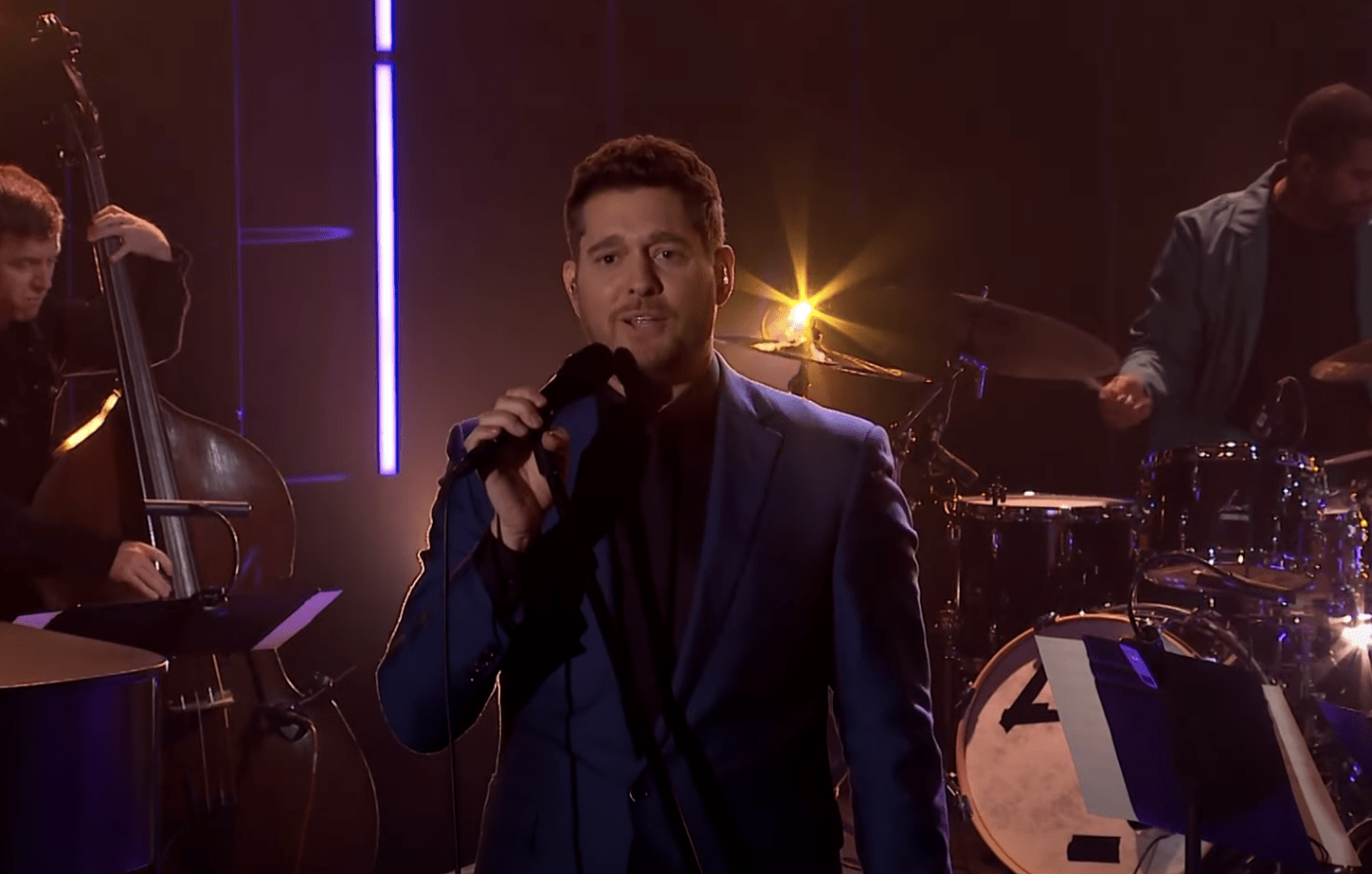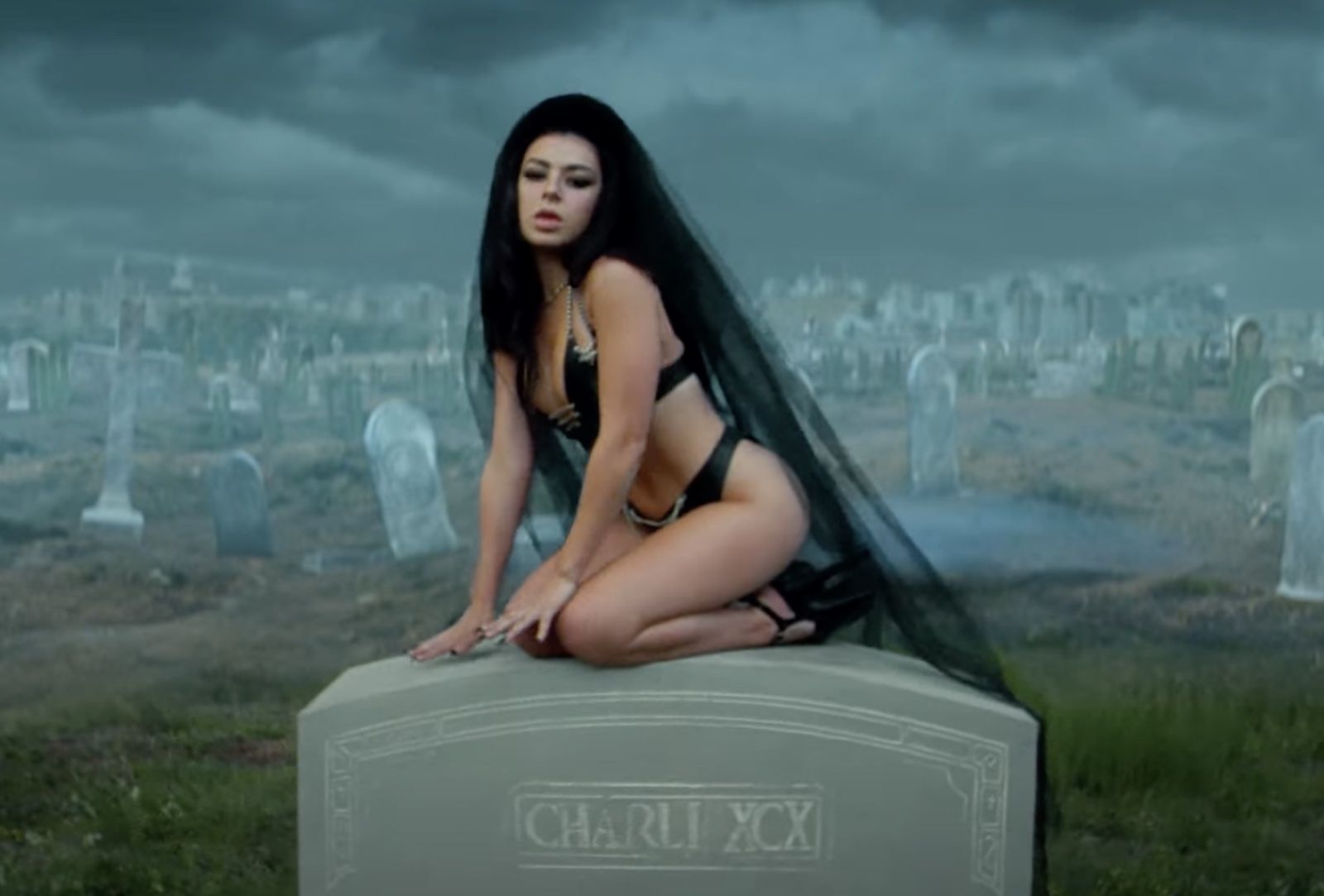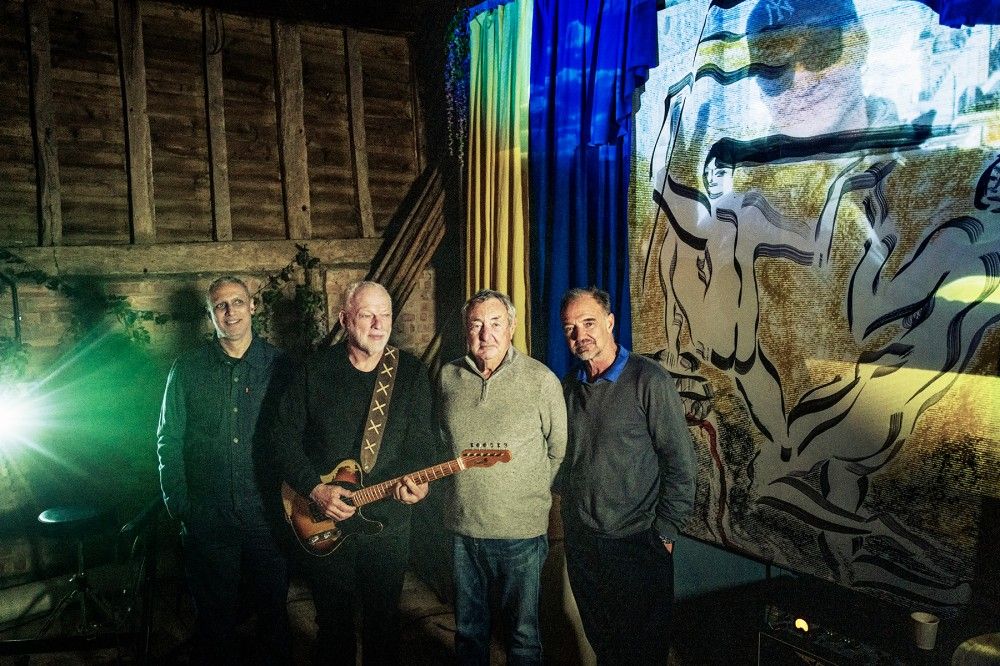
Eminem Compares Himself to Elvis Presley on Reimagined ‘Jailhouse Rock’ Single ‘King and I’
Eminem is bringing his rap style to the beat of Elvis Presley’s “Jailhouse Rock” in the new soundtrack single from the upcoming Elvis film. The song, which mashes up Presley’s iconic track with a modern beat, also features a chorus from CeeLo Green.
In the first verse, Eminem laces a lyrical reference to Presley’s “Blue Suede Shoes” with his own life story.
“It goes one for the trailer park, two for my baby-ma/Three for the tater tots, four if you ate a lot,” he raps. “Five if you came to rock, straight up while I’m shittin’ on my comp’.”
Then comes Green with his catchy chorus to balance out Eminem’s rap.
“And I don’t give a shit about a thing you say/I just wanna feel like a king again,” sings Green in the chorus to the beat of the Presley hit. “And if you don’t like it you can sit and spin/Middle fingers up (Yeah), we ’bout to do this shit again.”
In his third verse, Eminem draws comparisons between himself and the King of Rock & Roll, first referencing that they both get criticized for stealing Black music.
“Now I’m about to explain to you all the parallels/Between Elvis and me, myself/It seem obvious: one, he’s pale as me,” he raps. “Second, we both been hailed as kings/He used to rock the Jailhouse, and I used to rock The Shelter/We sell like Velveeta Shells & Cheese.” (The Shelter refers to a Detroit music venue and also the setting of his film 8 Mile.)
The new Elvis film is set to have a star-studded soundtrack, including original songs and recordings by the likes of Eminem, Green, Swae Lee, Denzel Curry, Jack White, Diplo, Tame Impala, and Maneskin. Last month, Doja Cat released “Vegas,” which sampled the original Blues roots of Presley’s “Hound Dog.”
Kacey Musgraves also confirmed that she would be covering Presley’s “Can’t Help Falling in Love” for the movie, which stars Austin Butler in the lead role.
Speaking ahead of the debut of the film’s trailer in February, Luhrmann told the press that the biopic was a “canvas” to explore the nature of U.S. society at the time of Elvis’ rise.
“In this modern era, the life of Elvis Presley could not be a better canvas on which to explore America in the Fifties, Sixties, Seventies,” he said. “It was 42 years, but that’s three great lives put into one. What’s extraordinary about it is that life is culturally at the center of the Fifties, socially the Sixties, and actually the Seventies.”




